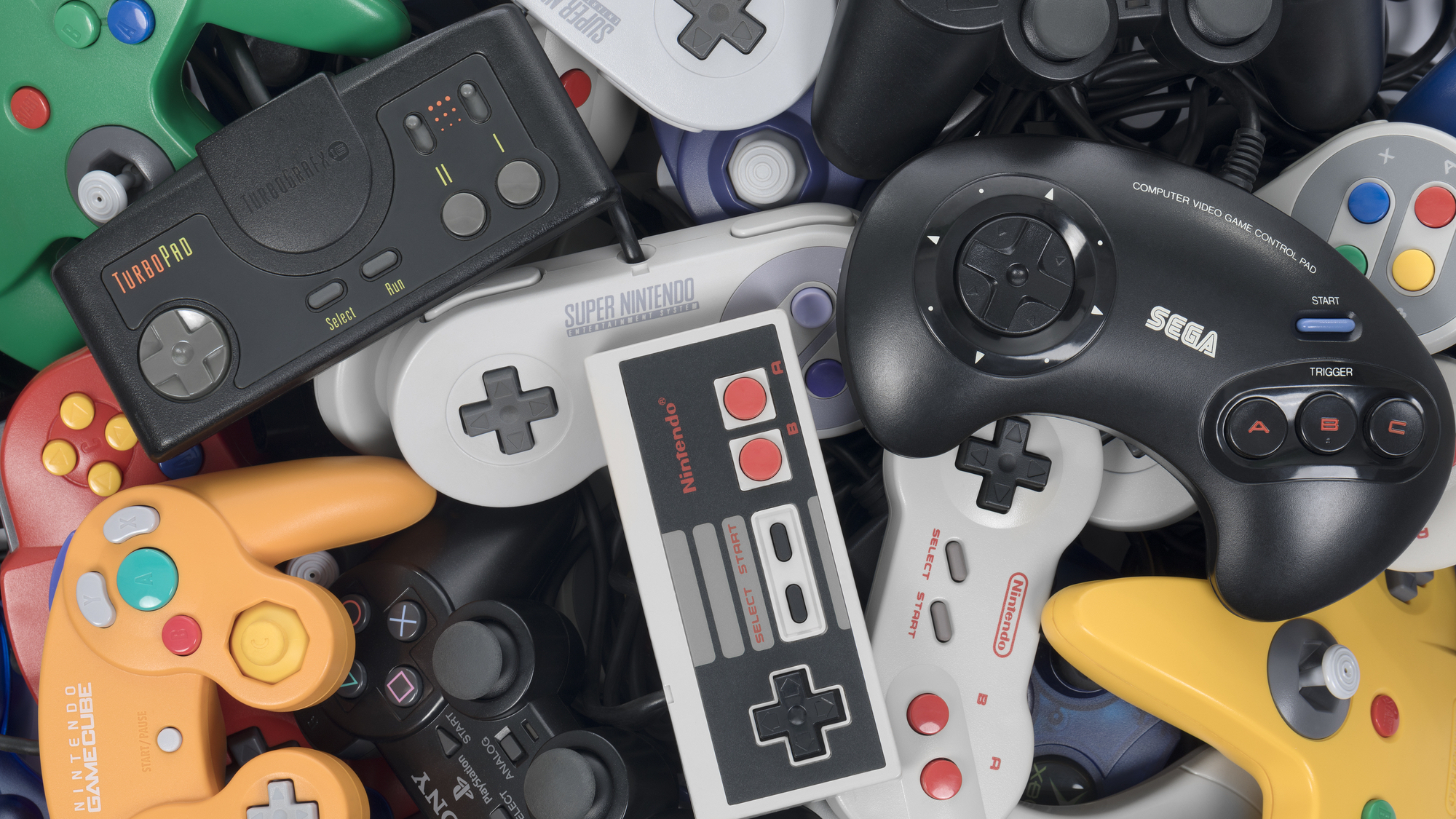

The commonplace disappearance of beloved and historically significant video game titles has long been a cause of concern among fans, historians, and industry insiders. That said, there hasn’t been much research into just how many classic games have been lost over the years. That’s the question recently posed by the Video Game History Foundation (VGHF) working alongside the Software Preservation Network.
The results, in their own words: “Pretty grim!”
The assessment comes within the organizations’ new survey looking at the state of video game archival efforts. According to Phil Salvador, the study’s author and VGHF library director, only around 13 percent of over 4,000 video games released prior to 2010 are still publicly available and accessible. For reference, about 14 percent of Silent Film Era American releases remain available to the public, alongside 10 percent of all pre-World War II audio recordings. Unlike those mediums, however, these are comparatively modern titles.
[Related: Dive into the wonderful and wistful world of video game design.]
“We’re talking about games from the ‘80s, ‘90s, and 2000s, and they’re in just as bad shape as music and movies from back when Calvin Coolidge was president,” VGHF co-director Kelsey Lewin says via the study’s recent announcement. Lewin goes on to explain that for roughly 9 out of 10 classic games—in this study, defined as physical titles released before the rise of digital download gaming—there are only a few options to access them: “Seek out and maintain vintage collectible games and hardware, travel across the country to visit a library, or… piracy.”
“None of those options are desirable, says Lewin, “which means most video games are inaccessible to all but the most diehard and dedicated fans.”
The VGHF argues the video game industry devotes a miniscule amount of their annual revenue roughly $180 billion towards the preservation and archiving of classic releases. Instead, as Kotaku explained on Monday, video game developers prefer and groups such as the Entertainment Software Association (ESA) have successfully lobbied to keep digital copyright laws squarely in their favor. Under the Digital Millennium Copyright Act (DMCA), libraries and archives can digitally preserve, but not share, video games outside of onsite access. This stands in stark contrast with virtually every other medium, including books, audio, and films.
[Related: The best curved monitors in 2023.]
In the past, companies and the ESA argued that the industry is doing just fine on its own to preserve its titles over the years, be it via online access, digital downloads, or remastering old releases. “We proved them wrong,” writes Lewin.
The study’s authors and supporters hope that showcasing the dire state of video game preservation will help gain momentum ahead of the next DMCA rulemaking proceeding, which is scheduled for sometime in 2024. “We’re hopeful that this study will incite change, and that video game preservation will become stronger—before we lose more,” Lewin writes.
